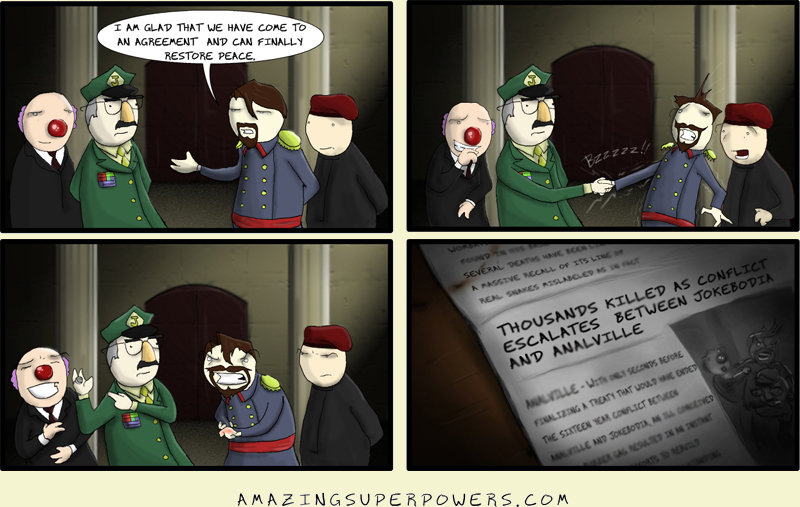
One of the nice things about denominations is that they allow Christians who feel passionately about a certain theological principle or ecclesiastical habitus to work together without being distracted by those who don't share the same conviction.
One of the nice things about catholic orthodoxy is that it allows Christians who've gone into these denominations to recognize the gifts of other Christians because a baseline has been established wherein we fellowship.
One of the sad things is when an ecclesial structure has neither shared convictions/practices or generalized orthodoxy. That's when stuff like money and politics hold them together - and the sheep get starved or slaughtered.






2 comments:
There are other churches besides catholic orthodoxy that have an established baseline.
I agree with your last two sentences. Do you know of any denominations that this could be happening to?
Rachel,
Thanks for stopping by. When I say "catholic" I mean the whole church as it has existed since the days of the apostles. It's the world-wide church which we confess in the Apostles and Nicene Creed. We specifically confess THE or ONE church (it's nature being HOLY, CATHOLIC, and APOSTOLIC).
What I mean by orthodoxy is that solid confession of faith that ties the whole church together - the basics of which are found in the Apostles Creed (recited by all Christians at their baptism) and a more full account, Christologically speaking, in the Nicene Creed. I would also suspect that most church bodies around the world would need to recognize the Trinity as found in Quicunque Vult (or Athanasian Creed) to be in full communion with Christians worldwide. This type of catholic orthodoxy St. Vincent of Lerins spoke about when he said that the Church Catholic holds to "quod ubique, quod semper, quod ab omnibus creditum est." It's what the Reformers meant when they spoke of the Regula Fidei in relation to Sola Scriptura (an idea of this confessional summary of the contents of Scripture, which was so dear to Augustine).
If you are aware of another "established baseline" that ties the whole Church together, I'm interested in learning about it.
As for denominations, the ECUSA/TEC and the PCUSA seem to be ripping themselves apart in precisely this same way. In the PCUSA (my former cult), there was a time when the Westminster Standards held everyone together. I've written about how dropping those led to increasing levels of distrust on both sides and set up a combative atmosphere that set them on a path to institutional disintegration.
Post a Comment